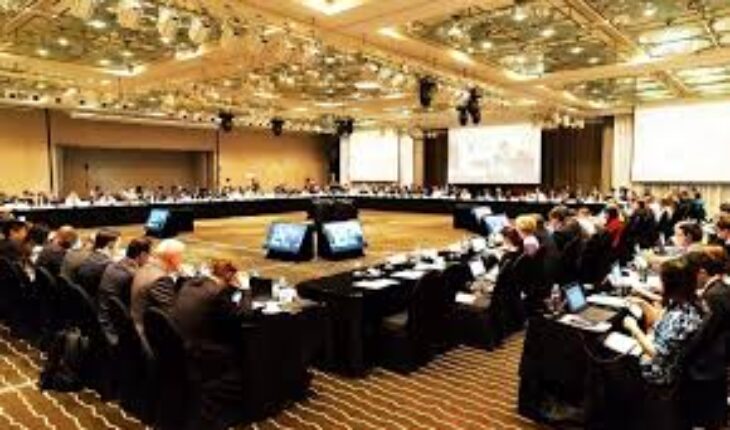The Paris-based 39-member Financial Action Task Force has decided once again to keep Pakistan on its “grey list” of countries under “increased monitoring”, giving it another three months to complete its commitments. After being removed from that list in 2015, Pakistan was put back on it in June 2018, and handed a 27-point action list to fulfil. Pakistan’s former Interior Minister Rehman Malik has protested the decision most vociferously, even suggesting that the FATF should be taken to The Hague, given that other countries that have completed nearly all the points on their task lists have been dropped from the grey list. He also cited a recent report that calculated Pakistan has lost $38 billion because of its time on the grey list (2008-2015 and 2018-the present). FATF President Marcus Pleyer advised Pakistan to complete the remaining tasks by June 2021, when the FATF will meet again to vote on the issue. The FATF decision coincides with the first signs of a thaw between India and Pakistan since 2016. The recent decision of the Directors General of Military Operations to strictly observe the ceasefire agreement at the LoC, and revelations in the media, which have not been contradicted by the government, that National Security Adviser Ajit Doval has been in touch with senior officials including the Pakistan Army Chief, are both significant. The joint statement also commits to resolving “core issues” that lead to violence between the two sides, indicating more dialogue between India and Pakistan could be on the cards. Pakistan’s next steps on the FATF directive to successfully prosecute terrorists and terror financers identified by the grouping would address India’s main grievance on cross-border terror that emanates from its soil. If Pakistan traverses this ‘last mile’ on the FATF grey list, the bilateral relations are likely to improve in the near future.
Getting Pak out of FATF grey list to help boost ties
Published Date: 10-03-2021 | 10:53 am




